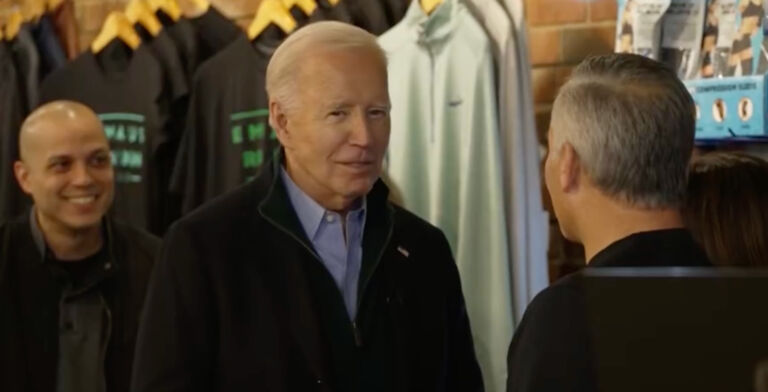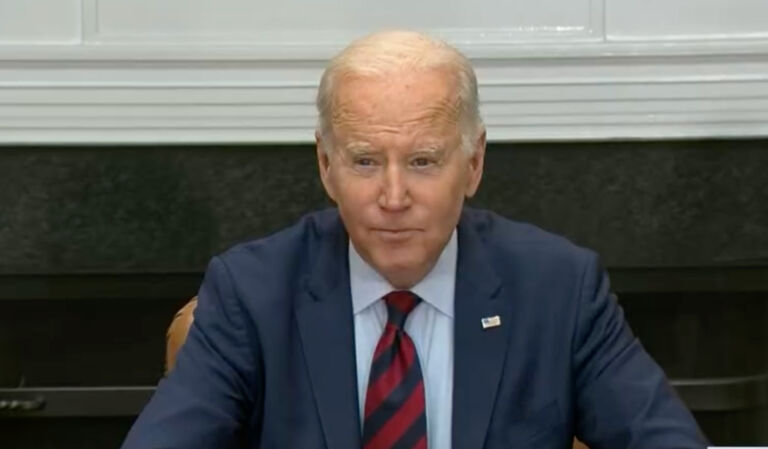Joy Pullmann of the Federalist places an ongoing federal court battle in context.
On Thursday afternoon, three Fifth Circuit Court of Appeals judges heard Biden administration arguments to let government keep pressuring social media monopolies to ban ideas they don’t like from the internet. On July 4, a lower court had ordered the Biden administration to cease what it called “arguably … the most massive attack against free speech in United States’ history.” The Fifth Circuit paused that injunction on July 14 and heard oral arguments against it on Aug. 10 in Missouri v. Biden.
In this major case likely to hit the U.S. Supreme Court, the Biden administration is fighting to stop American citizens from sharing messages government officials don’t like. This case uncovered reams of White House and other high-level officials threatening internet monopolies with the end of their entire business model if they didn’t ban speech by Democrats’ political opponents.
“It’s far beyond the scope of what people realize,” says a lawyer for the plaintiffs, Zhonette Brown, of the public interest firm New Civil Liberties Alliance (NCLA).
Internal documents Twitter divulged under new owner Elon Musk provided more proof that social media monopolies are silencing Americans from Tucker Carlson and Robert F. Kennedy Jr. to millions of non-famous citizens at the behest of government pressure. …
… Key to Thursday’s arguments was the question of coercion: Did government demands of internet monopolies equal coercion, or were those merely officials advocating for their views?
“If the government was doing something like that in a coercive manner, then that could be the subject of a proper injunction,” Department of Justice lawyer Daniel Bentele Hahs Tenny told the court in his opening remarks. “The problem is that what you would have to do is say, ‘Here is what the government is doing that’s coercive, and I’m enjoining that.’”
Judge Don Willett responded: “How do you define coercive?”
Tenny: “I don’t think there’s too much disagreement on this point. Coercive is where a reasonable person would construe it to be backed by a threat of government action against a party if it didn’t comply.”


